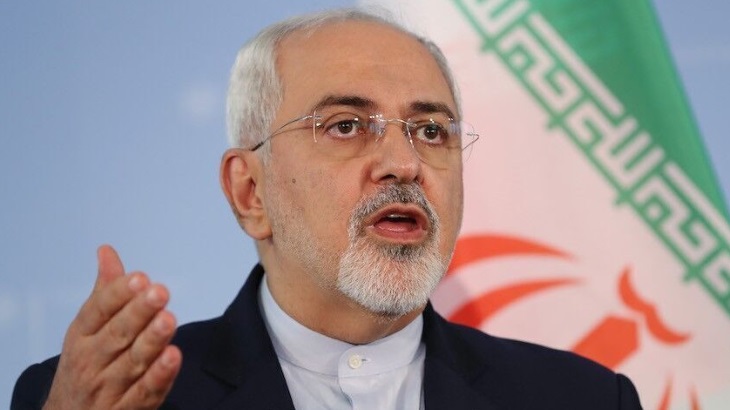In June, the IAEA Board of Governors adopted a resolution calling on Iran to fully cooperate with the IAEA in implementing its NPT Safeguards Agreement and Additional Protocol, and satisfy the IAEA's requests without further delay.
"I have decided to come personally to Tehran so that I can reinforce the importance of cooperation and the full implementation of all safeguards commitments and obligations with the IAEA," Grossi said in an IAEA statement yesterday.
"My objective is that my meetings in Tehran will lead to concrete progress in addressing the outstanding questions that the Agency has related to safeguards in Iran and, in particular, to resolve the issue of access. I also hope to establish a fruitful and cooperative channel of direct dialogue with the Iranian government which will be valuable now and in the future."
Iranian Foreign Minister Mohammad Javad Zarif said Iran was being transparent and cooperative with the IAEA, the Islamic Republic News Agency (IRNA) reported today. Speaking to journalists in Tehran during the inauguration ceremony of a consular services desk at Iran's foreign ministry, Zarif said Grossi's visit to Iran "has nothing to do with the trigger mechanism", referring to the US administration's letter to the UN Security Council (UNSC) last week, requesting to initiate the 'snapback' mechanism of the Iran nuclear deal that was signed five years ago.
In a separate press briefing, Iran's foreign ministry spokesman, Saeed Khatibzadeh, said Iran and the IAEA had had their "ups and downs", but the Joint Comprehensive Plan of Action had "led to the highest level cooperation". IAEA access to Iran's nuclear sites is "the most ever in the history" of the UN agency, Khatibzadeh said.
The USA had "demanded to distribute a statement" among the UNSC members, but Khatibzadeh said he had "registered a letter in the Secretariat" before his US counterpart, Secretary of State Mike Pompeo. "So, Iran was the plaintiff and the US the defendant," Khatibzadeh reportedly said.
Iran had been expecting Grossi's visit "since last autumn", but the coronavirus outbreak had postponed it, he said, adding that, "as long as the Agency acts with impartiality and independence, and far from the political pressures of a third party, there will be no problems between the IAEA and Tehran".
Grossi will arrive in Tehran this evening and meet with President Hassan Rouhani, Foreign Minister Zarif and Ali Akbar Salehi, the head of Atomic Energy Organisation of Iran, on 25 and 26 August, according to IRNA.















